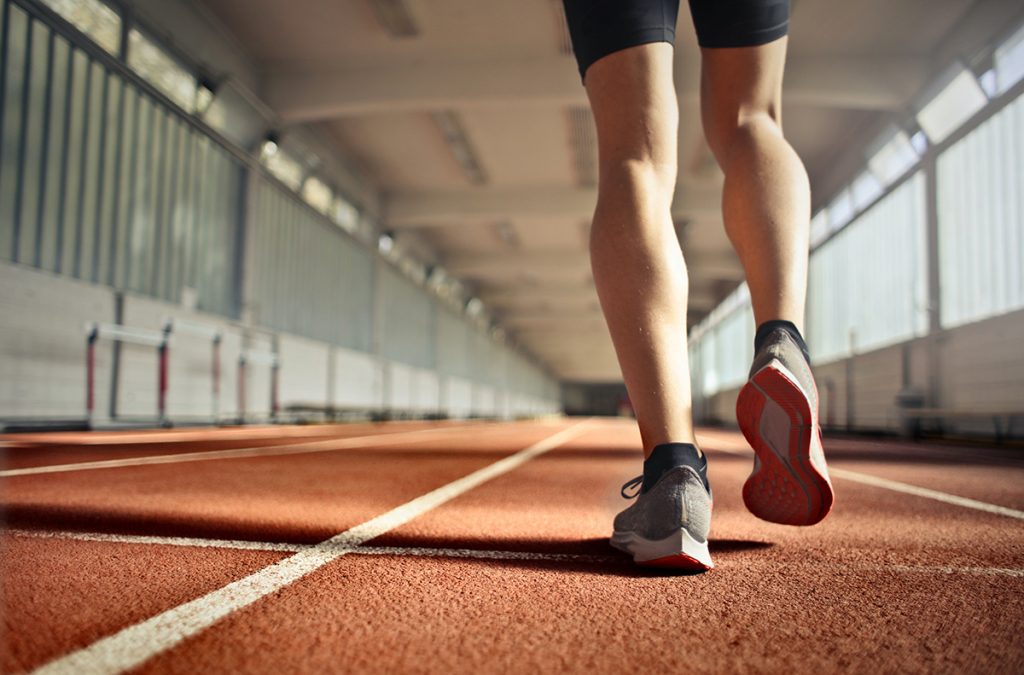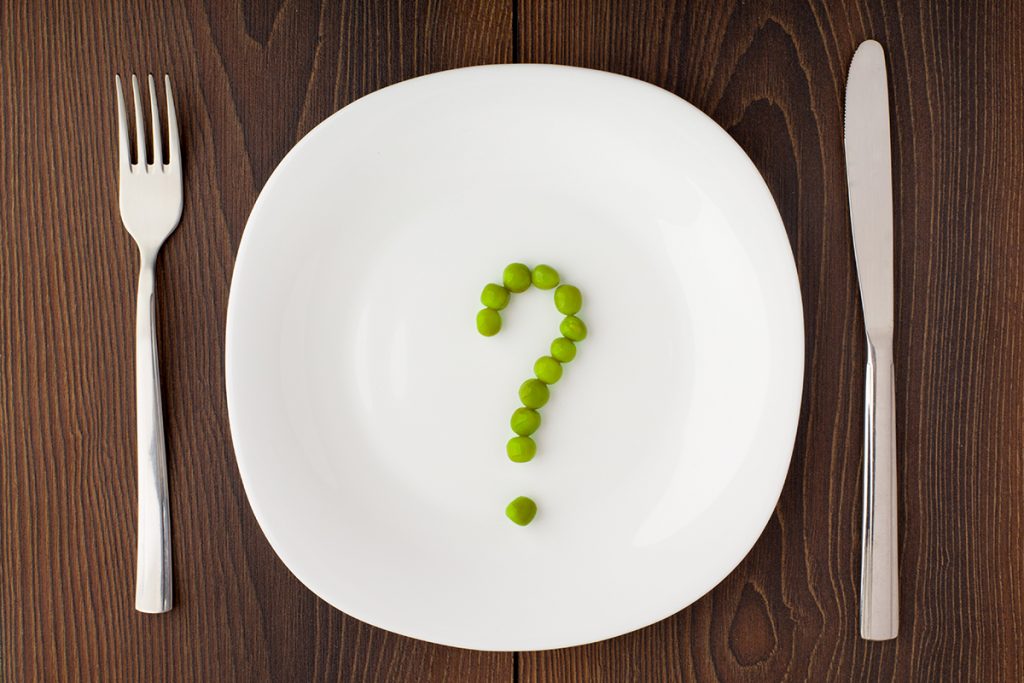An estimated 30% to 60% of female athletes struggle with food, as do 10% to 33% of male athletes. Many of these athletes believe they are not “sick enough” to seek treatment. Others are too ashamed to ask for help. And some believe getting treatment will hinder them from reaching athletic goals. They fear:
1) they will gain weight, and any added weight will impair their performance.
2) they will not be able to participate in training or competitions during treatment, hence will lose status with their team; and
3) they might displease their coaches and teammates.

But the questions they want to ponder are:
What do you think your future will look like with the eating disorder?
Are you satisfied with your current quality of life?
At the October 2022 Food and Nutrition Expo and Conference of the Academy of Nutrition and Dietetics (the nation’s largest group of nutrition professionals), sports nutritionist Page Love MS RD CSSD (nutrifitga.com) of Atlanta and psychologist Ron Thompson PhD of Bloomington IN (rthomps2@att.net) addressed the topic of Athletes with Eating Disorders. They shared insights from their years of professional experience. This article passes along some of their words of wisdom and offers insights into why some athletes struggle with food, body image, and weight issues. and hopefully will nudge athletes’ friends, family, and loved ones to encourage these athletes to seek help.
• When dieting goes awry and eating disorders take hold, relationships and quality of life suffer, to say nothing of longevity as an athlete. Athletes with eating disorders (ED) can easily believe they have more reasons to keep the eating disorder than they do to give it up. Eating disorders can distract from difficult emotions; offer a source of power and control; give a sense of security; provide an excuse for anything and everything; sustain an identity; offer a way to be angry, self-abusive, special, rebellious, and competitive inside and outside of sport.
• Given many athletes with EDs are in denial of the seriousness of this mental health disease, Dr. Thompson has asked his clients, “Do you realize that people with your disorder sometimes die?” Indeed, athletes can—and have—died from eating disorders, often via suicide. Looking from the inside out, an athlete’s life can feel very stress-filled, despite the athlete appearing happy, bubbly, and “just fine” on the outside.
• Ideally, food should be one of life’s pleasures, as well as an enjoyable source of energizing fuel that enhances performance. If you stop eating at mealtimes just because you think you should, or because your allotted portion of food is all gone (but you are still hungry), you might want to ask yourself a few probing questions:
–What are your food rules and nutrition beliefs that restrict your food choices and portions?
For example, do you forbid yourself to eat second helpings?
–What percent of your time do you spend thinking about food and weight?
Thinking about food includes shopping for food, preparing food for yourself and others, reading cookbooks or other food- and diet-related publications, binge-eating, purging, and thinking about how much you ate at your last meal. When the answer is “I spend way too much time thinking about food; it dominates my thoughts”, you likely have a problematic relationship with food and are living in a state of hunger. That’s no fun, and also limits your ability to fully recover after a hard workout, heal the micro-injuries that occur during hard workouts, and perform optimally. “Normal eaters” think about food as they appropriately get hungry before a meal or snack.
–Do you enjoy eating socially with friends and teammates?
Or do you avoid such situations?
–Are your food allergies and intolerances real?
Or are they convenient excuses to avoid certain foods?
–Ladies, do you currently have regular menstrual periods?
Amenorrhea—loss of menses—can be a sign of under-eating, to the point of disrupting normal body functions.
–Gentlemen, are you experiencing reduced sex drive?
Loss of morning erections can be a sign of under-eating, to the point of disrupting normal body functions.
–Does your family have a history of eating issues, dieting practices, and/or mental health concerns?
If yes, how have those issues influenced your food habits?

• Chronically underfed bodies can end up “hibernating,” with slowed metabolic processes. Symptoms related to inadequate fueling include fatigue, lack of energy, dehydration, anemia, frequent injuries, amenorrhea, stress fractures, and “weird” eating habits. These are all good reasons to seek help from a registered dietitian who specializes in sports nutrition (RD CSSD). The referral network at eatright.org can help you find a local RD CSSD).
• Most of my clients report, “I know what I should eat. I just don’t do it.” Given today’s confusing food environment, any athlete with nutrition questions and weight concerns would be wise to meet with a sports RD to learn how to overcome barriers that limit optimal fueling. Don’t let (self-imposed) shame or embarrassment stop you. Eating “right” is not as simple as it once used to be.
• All food can fit into a balanced sports diet—even fatty foods. Athletes should consume at least half of their calories from (preferably nutrient-rich) carbohydrate, and at least 20% of calories from (preferably health-promoting) fat. A fat intake less than that increases the risk of inadequate energy intake.
• If you live in Food Jail and consume a very repetitive but “safe” diet, a sports RD can help you expand your menu so you can consume a wider variety of nutrients. If you want to try to do this on your own, start by making a list of your fear-foods (foods you are afraid to eat because they lack nutrient-density or because you deem them to be “fattening”). Challenge yourself to include at least one food each day into your meals and snacks, starting with the easiest and ending with the hardest foods. With time, you’ll be able to enjoy social eating with your friends and teammates.
• Notice that other athletes look forward to, let’s say, a special holiday gathering like a New Year’s Brunch—but you don’t because the foods will be way too fattening or you’re afraid you’ll end up eating way too much. Other athletes can eat holiday treats; why can’t you? Your body is not different from everyone else’s and will not “get fat on you.” The problem isn’t the food or your body, but more likely your self-imposed food rules.
• Few athletes will ever achieve a perfect body. Please don’t measure your self-worth as an athlete by your body weight or size. You may be an athletic person, but you are also a human, like the rest of us, and are excellent the way you are.
Nancy Clark MS RD CSSD counsels both fitness exercisers and competitive athletes in the Boston-area (Newton; 617-795-1875). Her best-selling Nancy Clark’s Sports Nutrition Guidebook is a popular resource, as is her online workshop. Visit NancyClarkRD.com for info.
